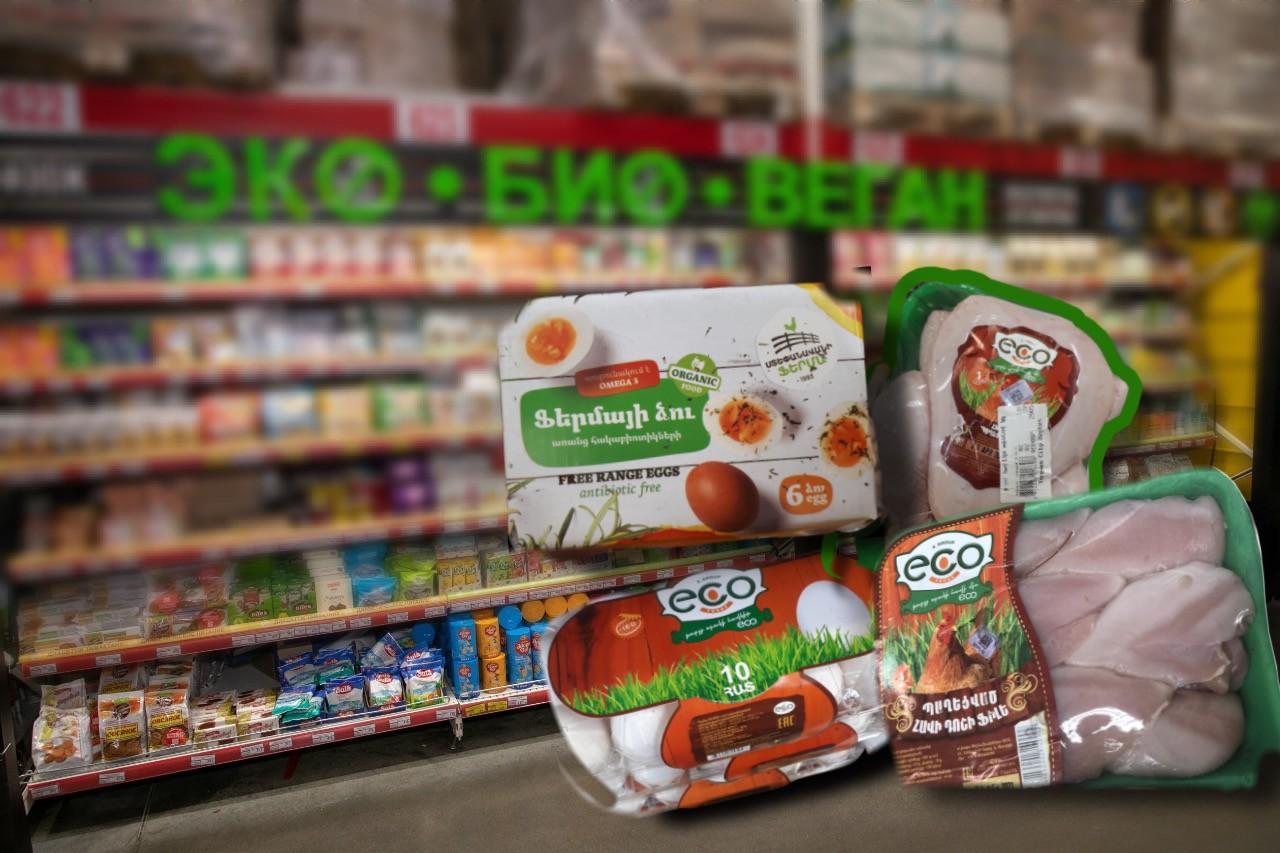
Organic Food Certification is not Regulated in Armenia: What is the Difference between Organic and Non-organic Food?
Today, organic or eco food is for sale at different stores in Armenia, but to this day the field is not regulated by EEU technical regulations, making it difficult to identify products.
The Hetq Media Factory decided to study the topic in order to understand the kind of organic food found in the Armenian market, legal gaps and gaps in oversight, whether it is possible to produce organic food alongside Armenia’s accepted traditional agriculture, and if there is truly a difference between eco and non-organic food.
In Armenia, issues around organic food are regulated by the RA Law on Organic Agriculture adopted in 2008. The most important precondition for obtaining organic agricultural food is organic farming, which must be fully in line with the agroecosystem and compliant with required regulations. One of the other most important conditions is the absence of hormones and hormonal preparations as well as living or genetically modified organisms and other modern biotechnologies and methods that use ionizing radiation. It is important, as well, that the environment is not polluted during food production.
The manufacturer must receive organic food certification in order to produce and use organic food. However, this is voluntary, as EEU technical regulations for handling the production, sale, and oversight of organic food have yet to be clarified.
Food labeled organic and eco are regulated in Armenia alongside other food in accordance with the technical regulation TP TC 021/2011 “On food safety”.
Organic agricultural products are defined as manufactured and processed animal and vegetable products and raw materials as well as wild plants resulting from organic farming that fulfill the technical regulations required to be placed into circulation.
“I feel better physically and mentally when eating eco food. I’m more comfortable knowing the food I’m giving to myself and my family members is clean,” said business management specialist and Lusin Organics founder Sona Manukyan when speaking with Hetq Media Factory about her preference for organic food over the last several years.
Sona lives in Armenia, but from time to time she travels to the United States for work. It’s from there that she obtains organic food, because she fully trusts it. She doesn’t get organic food in Armenia, since she can’t be sure that they abide by standards.
"I have not seen any Made in Armenia products that have received organic certification from either the US Department of Agriculture’s organics standards or bio certification that is widely known in Europe. There are several organizations that offer certification, but I don’t know of any such product in Armenia. That’s why I generally bring what I can from abroad,” relays Sona.
Today you can find eggs and poultry with eco, bio, or organic labels in the Armenian market.
For example, the company X group (Araks Poultry Factory CJSC) sells eggs that have eco marked on the packaging. There is information about the nutritional and energy value and the manufacturer on the label and an EAC marking in Armenian and Russian.
There is no production date on the box, which is a violation of the Law on Food Safety and technical regulations TP TC 021/2011 “On Food Safety” and TP TC 022/2011 “On Food Labeling”.
Aside from that, there are storage conditions listed for two types of eggs, dietary and shell, but the product type is not marked on the box.
The container is made of plastic, and the price of the egg is equivalent to other non-organic eggs: 10 eggs cost 840 drams.
The same company also sells poultry (chicken, chicken fillet, chicken thigh), which is also labeled eco. The marking is only in Armenian, and there is an EAC marking. Here there are no marking violations.
The price of the poultry product that is labeled non-eco does not differ significantly; it is almost the same, with the eco being around 20-30 drams more expensive.
Eco eggs are also sold by Nature Food, a company owned by the Araks Poultry Factory. The product’s container is made of wood and marked eco. There is information about what food the chickens are fed, and the nutritional value and production day are indicated. There is no information about the type of egg or storage period. It is indicated on the box that the date can be found on the egg, but the packaging does not allow for seeing this before purchasing. This is also a TP TC 022/2011 violation, since the label is deficient.
There is also an indication here about the storage conditions for the two types of eggs, dietary and shell, but the type of egg in the container is not clearly labeled on the marking in Armenian and Russian. There is an EAC marking. It is worth mentioning that the same company marks other eggs in the same way. The eggs are also in plastic containers and cost 1,050 drams but don’t have the eco marking.
Another company, the Ararat company, sells eggs called “farm eggs” that are presented as “organic”, “without antibiotics”, and “containing omega 3s”. There is information about how the chickens are kept and fed. The container is made of paper. Here the type of egg is not marked on the packaging, making the label deficient, which is again a violation of the Law on Food Safety, TP TC 021/2011, and TP TC 022/2011. It has an EAC marking.
The price of eggs is twice as high as the price of other eggs marked non-eco, with 10 eggs costing 2,200 drams.
We tried to contact these manufacturers to understand how they produce organic food and whether they have eco certification or sell products that are not required to have certification.
The X Group company announced that the director is not in the country and cannot give an interview and that there are no other individuals responsible for that issue.
The administrative employee at Ararat company similarly stated that the director is not in the country and that no other specialist could answer our questions, since only the director deals with such issues. However, the employee mentioned that they have certification to produce and sell organic eggs.
As already mentioned, organic food certification is not required and technical regulations are not in place yet. For this reason, the TP TC 021/2011 is sufficient to allow products to appear on the market and be sold.
The overseeing Food Safety Inspectorate (FSI) told us that it does not specifically collect information about companies producing eco or organic food.
“[The FSI] does not have a license to produce eco-organic food. To this day, there is no information on the number of registered and licensed organizations in Armenia, and at the moment there is no data on organizations that produce eco-organic food.”
In a conversation with us, Gayane Vardanyan, who replaced Vahe Danielyan as FSI’s Head of Food Safety and Quality Control Inspection, noted that producers of eco or organic food are not in a separate category because there is no such requirement.
“We don’t check eco or organic food separately. We oversee the entire field of food safety, since eco and organic is covered by the Law on Organic Agriculture in cases when a certificate is provided. If a certificate is not provided, our monitoring is carried out in accordance with the requirements of technical regulations,” stated G. Vardanyan, adding that they do not have a special eco checklist.
The FSI is guided by the Law on Organizing and Conducting Inspections when carrying out state monitoring of organic food using appropriate checklists. There is still no food inspection questionnaire on organic and eco food containing specific provisions for these products.
The National Accreditation Body of the Ministry of Economy SNCO told us that there were no bodies carrying out conformity assessments of organic agricultural products accredited by them.
There is a toolkit to regulate and control the sector, starting from a traceability tool and rules for marketing, market transfer, and certification to inspection related to labeling. However, there are more legal acts than legal instruments or tools.
Nutritionist: "The products presented to us are more the result of marketing, because people do not know what eco is"
Davit Pipoyan, nutritionist and head of the Informational-Analytical Center for Risk Assessment of Food Chain at the National Academy of Sciences, says that it is necessary to preserve the natural environment and biodiversity and use natural resources when engaging in organic farming by avoiding GMO seeds as well as synthetic pesticides, antibiotics, hormones, and other artificial interventions.
In other words, the difference between eco and non-eco food is how agriculture is carried out. While in Armenia the use of pesticides in traditional agriculture is assumed, it is not allowed in organic farming.
“We have a very important problem here. The pesticides and fertilizers we use also affect biodiversity and the environment. Food that comes from traditional and intensive agriculture should also be subjected to appropriate laboratory examination and all the undesirable, harmful substances should be within the permissible threshold, so that dangerous food that comes from traditional agriculture does not enter the market,” says the nutritionist.
According to him, many people have misconceptions about organic food. They think that the only difference between organic and non-organic food is the use of fertilizer and that all the products people produce at home are organic since they don’t use fertilizer.
Meanwhile, all stages of organic agriculture, including packaging and processing, must meet the requirements of being organic.
For example, products must be transferred in special containers that are similarly natural and meet legal requirements.
“People have misconceptions about both organic food and organic agriculture, because there have been cases where people have gathered greens in completely polluted places and said that it is completely clean. In Armenia, there are historically polluted lands that are contaminated by metals and next to tailings. Naturally, if a bee brings nectar from those areas, elements will be contained in the product, regardless of whether you used artificial or other means,” points out Pipoyan, adding that it’s not only the human factor but also the chosen environment that determines whether something is organic or not.
“When we call a manufacturer and ask why they label something the way they do, they explain that they work in a clean way. While the private production of food all over the world is adapting, unfortunately the private production of food in Armenia is still underdeveloped, which has a negative impact on food safety. For example, supermarkets have their own standards, and you can’t enter there if yours doesn’t comply. Marketing is very important in this regard. In developed countries, there are organic stores or organic sections in supermarkets where people can go and get products. In Armenia, I have to say that there are often labels that mislead customers,” says Davit Pipoyan.
According to the nutritionist, when food in other countries is truly organic, it’s more expensive, because organic agriculture requires high processing technologies.
“They often say that the private sector can be active in this matter, but the state should never put its hopes on the private sector. Customers need to be sure that there are no uncertified producers in the market,” says D. Pipoyan.
A dietician clarifies whether there is a difference between eco and non-organic food
A research study was published in the medical journal Annals of Internal Medicine that examined over 220 scientific works dealing with the chemical composition of organic and non-organic food and their impact on human health.
Scientists found that there was no difference between organic and non-organic food when it came to energy value, nutritional value, and impact.
Hasmik Abovyan, a doctor and dietitian at the Delta Clinic, refers to this research when speaking about eco and organic food.
“If we assume that eco foods are beneficial and should be used, we have to be certain that they are eco, meaning certain criteria must be met. The food should not contain any pesticides or chemical additives. In reality, research shows that less than half the amount of these substances are in the food, but they’re there. That means that we’re being misled here, because if from the outset those chemicals are in the food, then they have no right to call them eco,” says the dietician.
According to Abovyan, eco or organic food is a marketing ploy that producers use. Moreover, he believes that eco products may be harmful to the environment.
“Chemical fertilizers should not be applied to the land for at least 5 years before the product can be eco. When the land isn’t cultivated for 5 years, it becomes impoverished, because fertilizer enriches the soil with different elements and vitamins. As the land gets impoverished, the yield is very low, since no growth stimulants are used. No pesticides or herbicides that eliminate parasites are used, which then damages the crop. A producer needs quantities to benefit from a product and large areas to achieve this quantity. And generally those large areas on Planet Earth come at the expense of forests, which causes great damage to the environment,” says the dietician, emphasizing that this dispels the myth that eco products are typically beneficial to the planet.
According to H. Abovyan, there are only a few organizations in the world whose eco or bio label is worth believing. These are the Japanese Jas, French AB, German Bio-Siegel, and European organic EU. The words bio and eco, which are mostly accompanied by a green color, are used to mislead, affect the subconscious, or otherwise influence people.
"A person has the right to choose, but the difference is only in the price. Traditional food only differs from bio in price, and it’s 9-10 times more expensive. But even if a person is deceived, he’s only deceived financially, because the food is generally not harmful,” says the dietician, noting that she does not advise her patients to buy eco food.
Hasmik Abovyan also emphasizes that whatever is natural is not necessarily beneficial and something that has chemicals in it is not necessarily harmful.
“Whether or not the material was synthesized by scientists or natural, it is made up of chemical elements from the Mendeleev’s periodic table or their derivatives. And the impact of the substance on our health is determined by the arrangement of these elements and their derivatives.”
Eco and organic solve the problem of attracting attention, says a marketing expert
According to Artak Ordyan, the Vine and Wine Foundation’s head of marketing and public relations, as a society’s socio-economic level improves, people start to spend more of their income on their health, and there is more of a demand among some people for developing healthy food and a healthy lifestyle.
“If we look at it from a marketing point of view, that text is attention grabbing, and the customer pays attention to that when purchasing. For instance, there’s a new trend to call dairy products bio-dairy products,” he says.
PR specialist Nvard Melkonyan thinks that most consumers are influenced by marketing and different technologies when buying these products, since many of us are ‘emotional customers’ and don’t make rational choices.
On the other hand, according to her, it promotes a healthy lifestyle and public awareness, which started in the 1980s, intensified in the 1990s, and is now widespread.
“It’s a natural process, since more often people are locked up in offices, live in polluted environments in the city, and move less. This hypodynamic state has become the disease of the century, and adding to this is the increasing rates of lifestyle diseases like different kinds of cancer. It’s as if a healthy lifestyle is a societal requirement,” says N. Melkonyan.
That’s why people created a field around healthy lifestyles, making it a huge industry. Eco food and its offshoots began to actively develop thanks to this demand.
Authors: Nairuhi Safaryan, Elen Tevosyan
Coordinator: Tatev Khachatryan
 Videos
Videos Photos
Photos

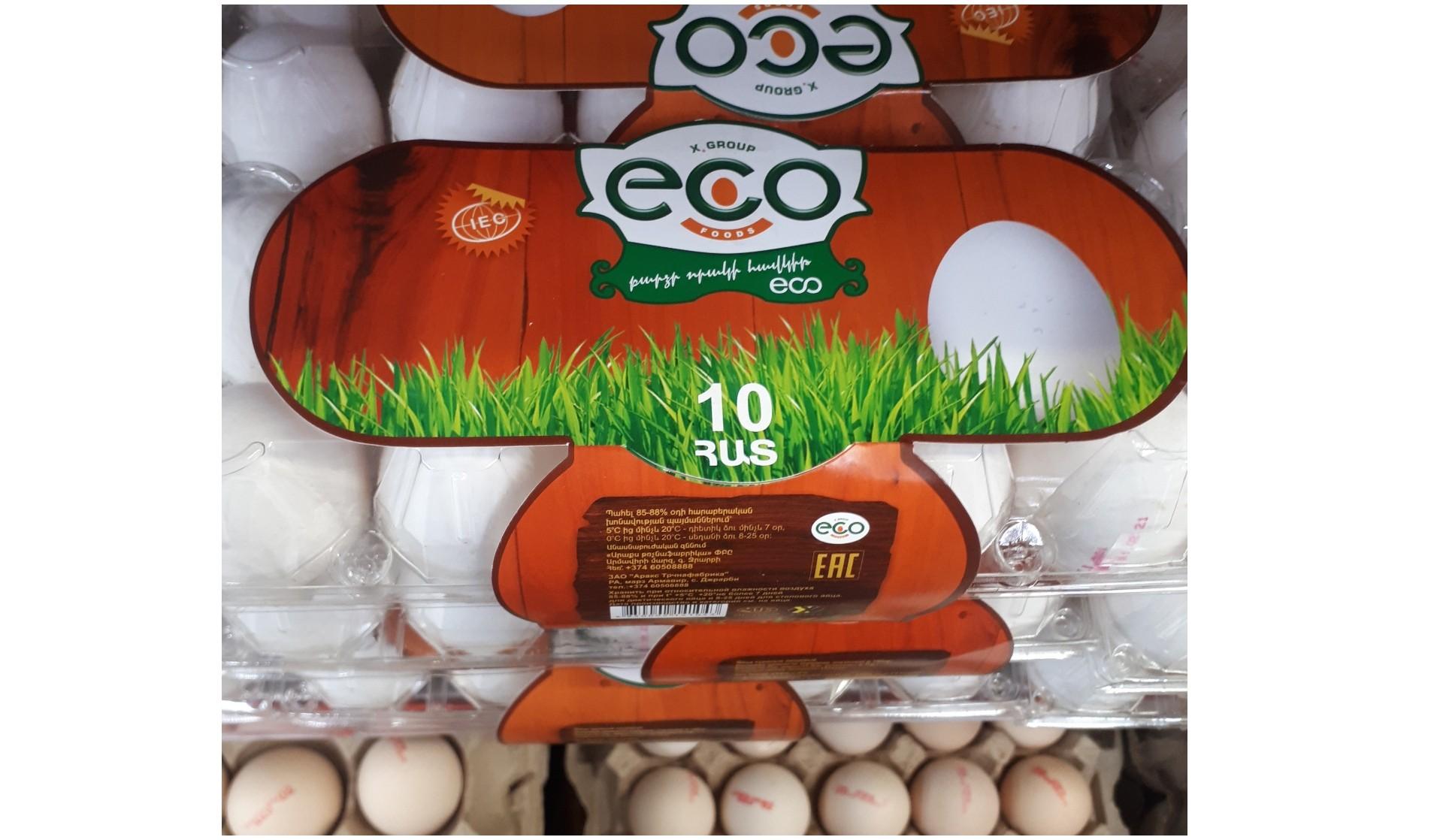
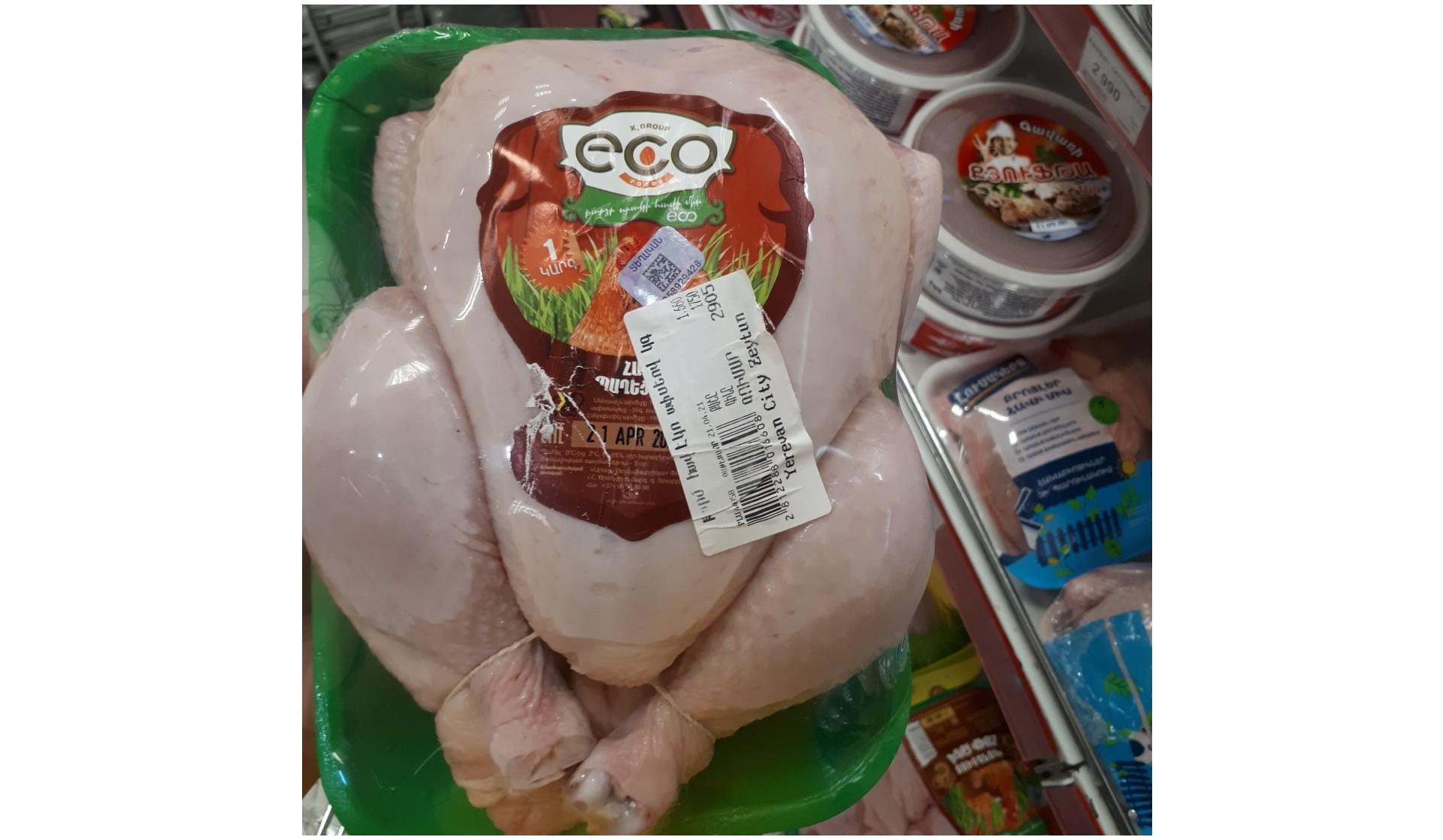
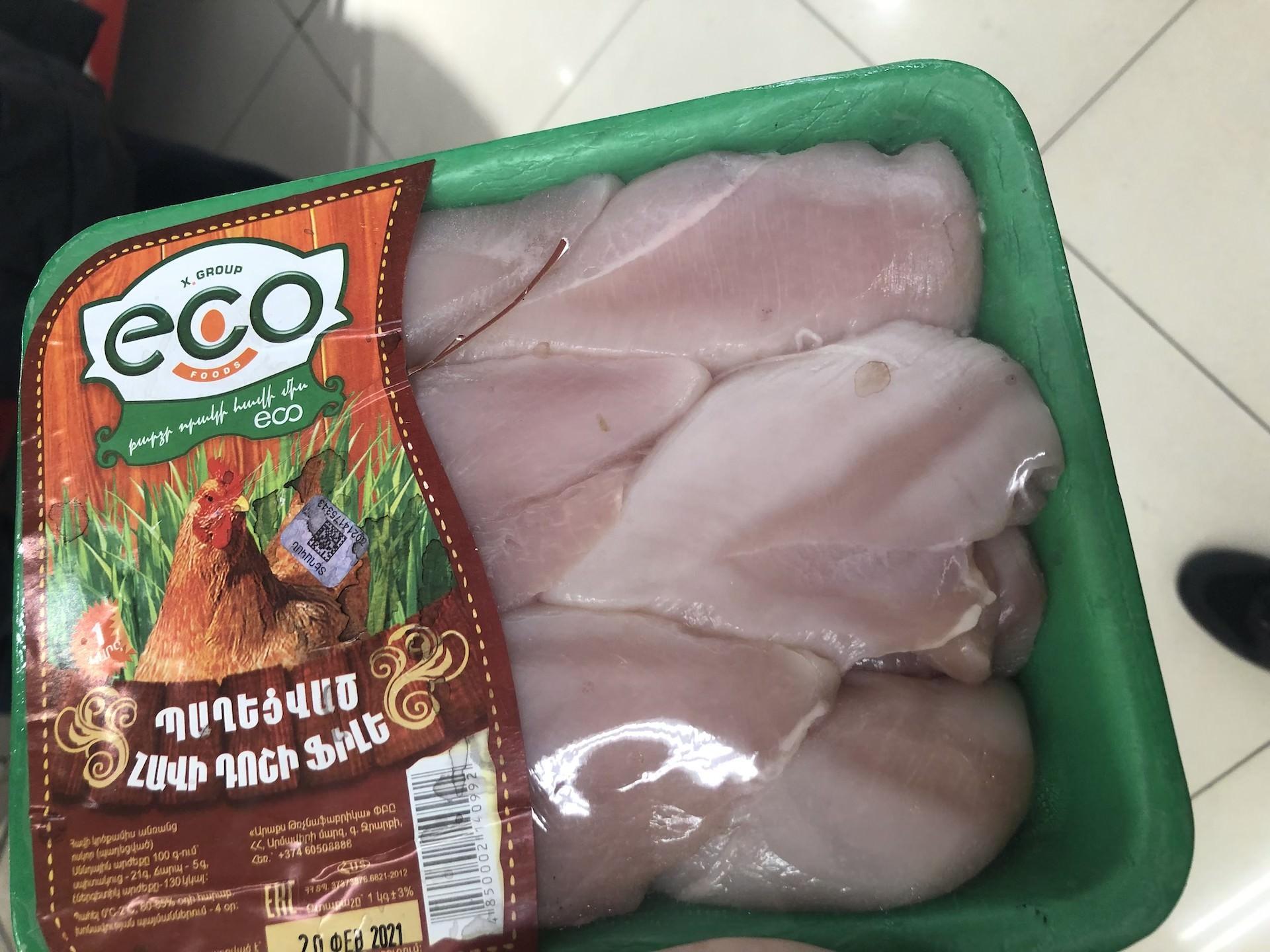
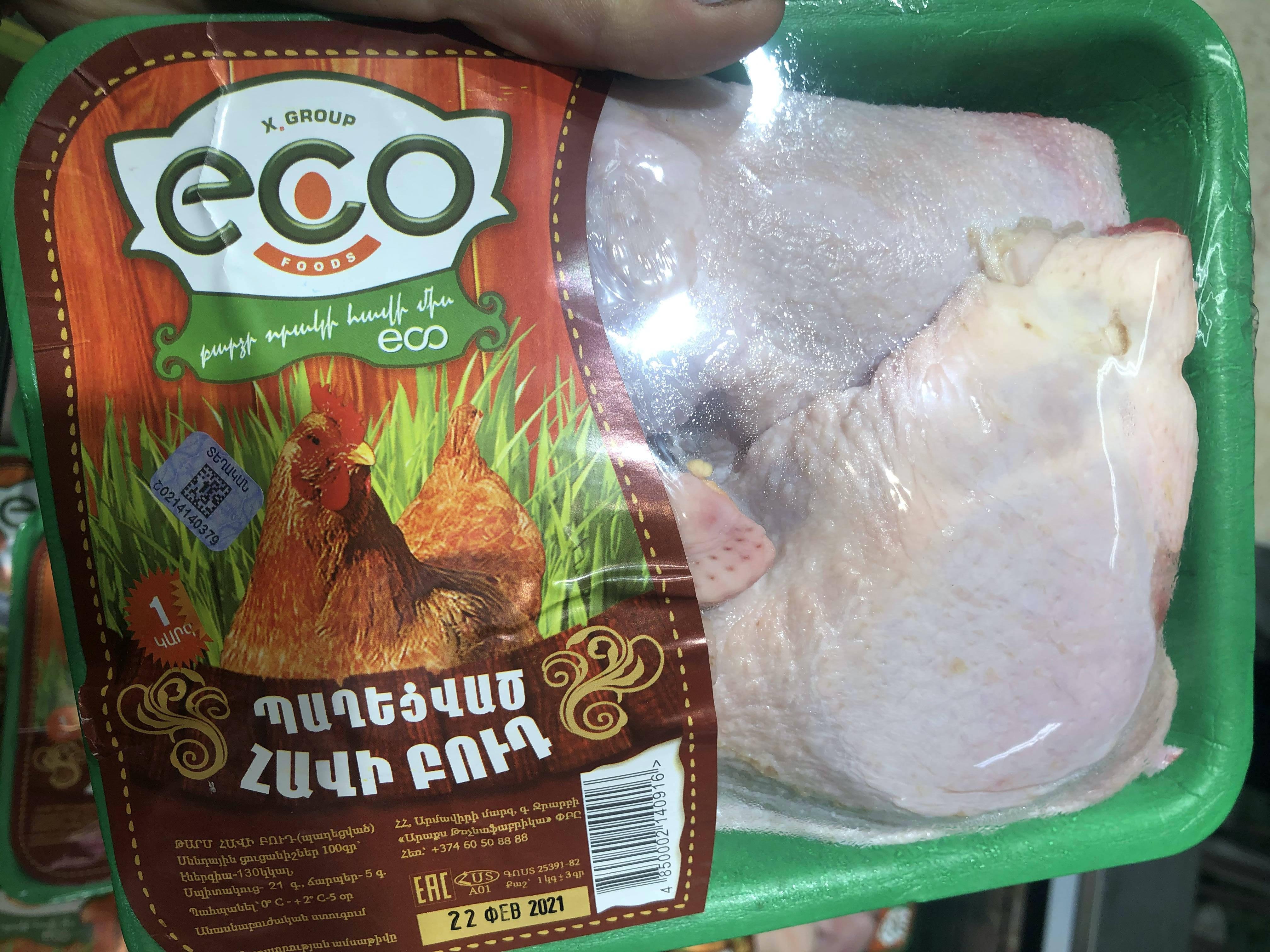
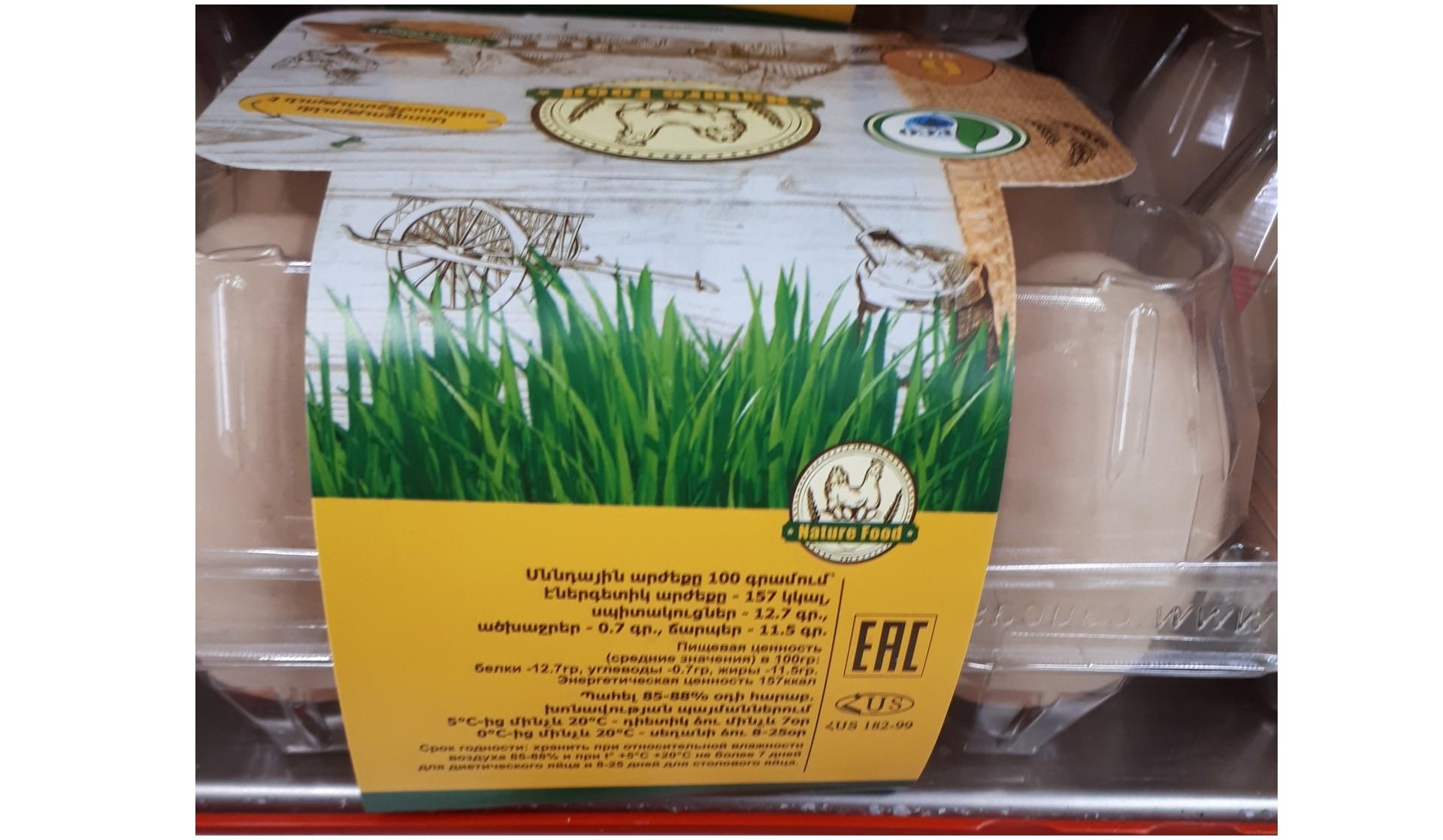
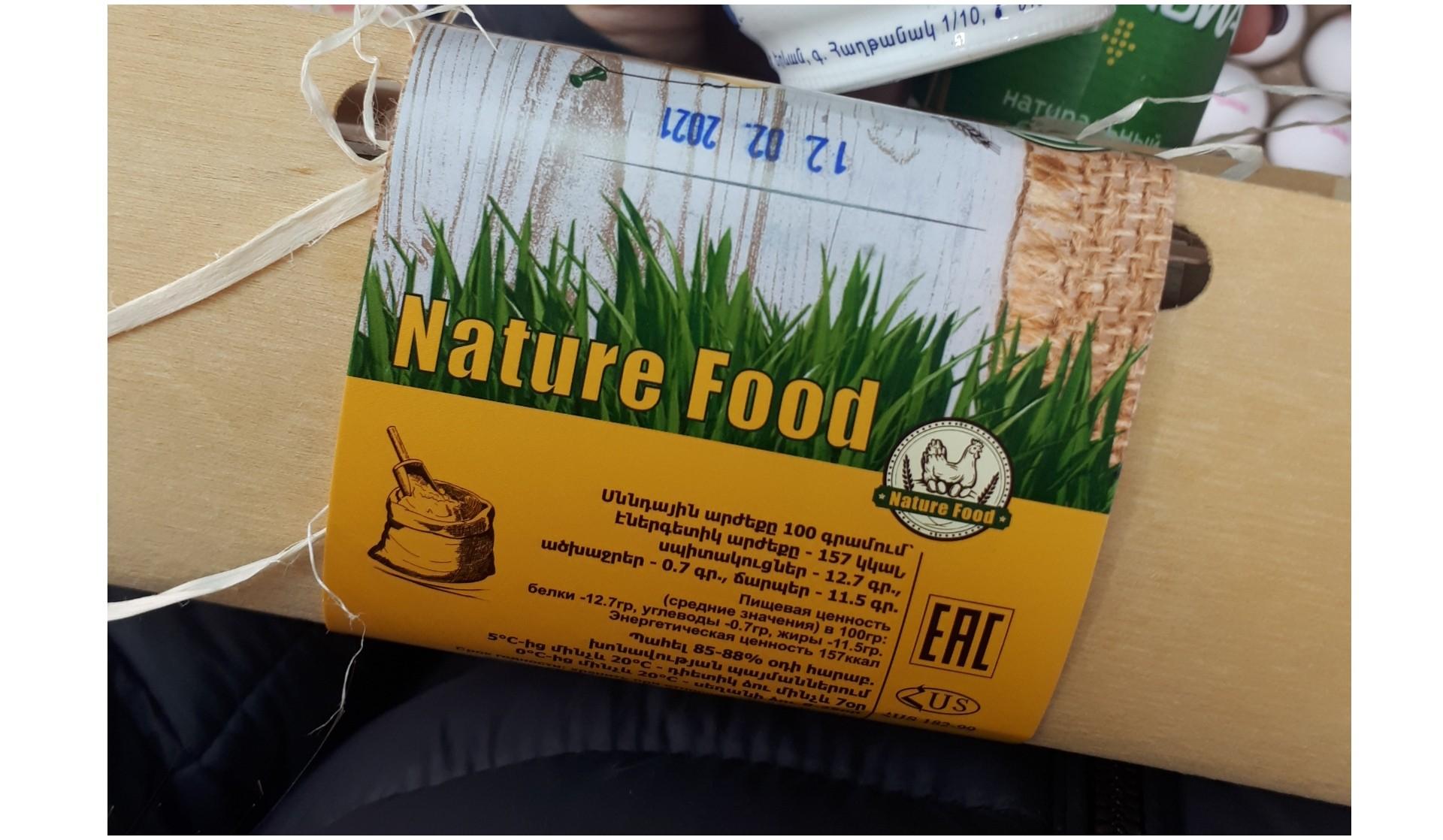
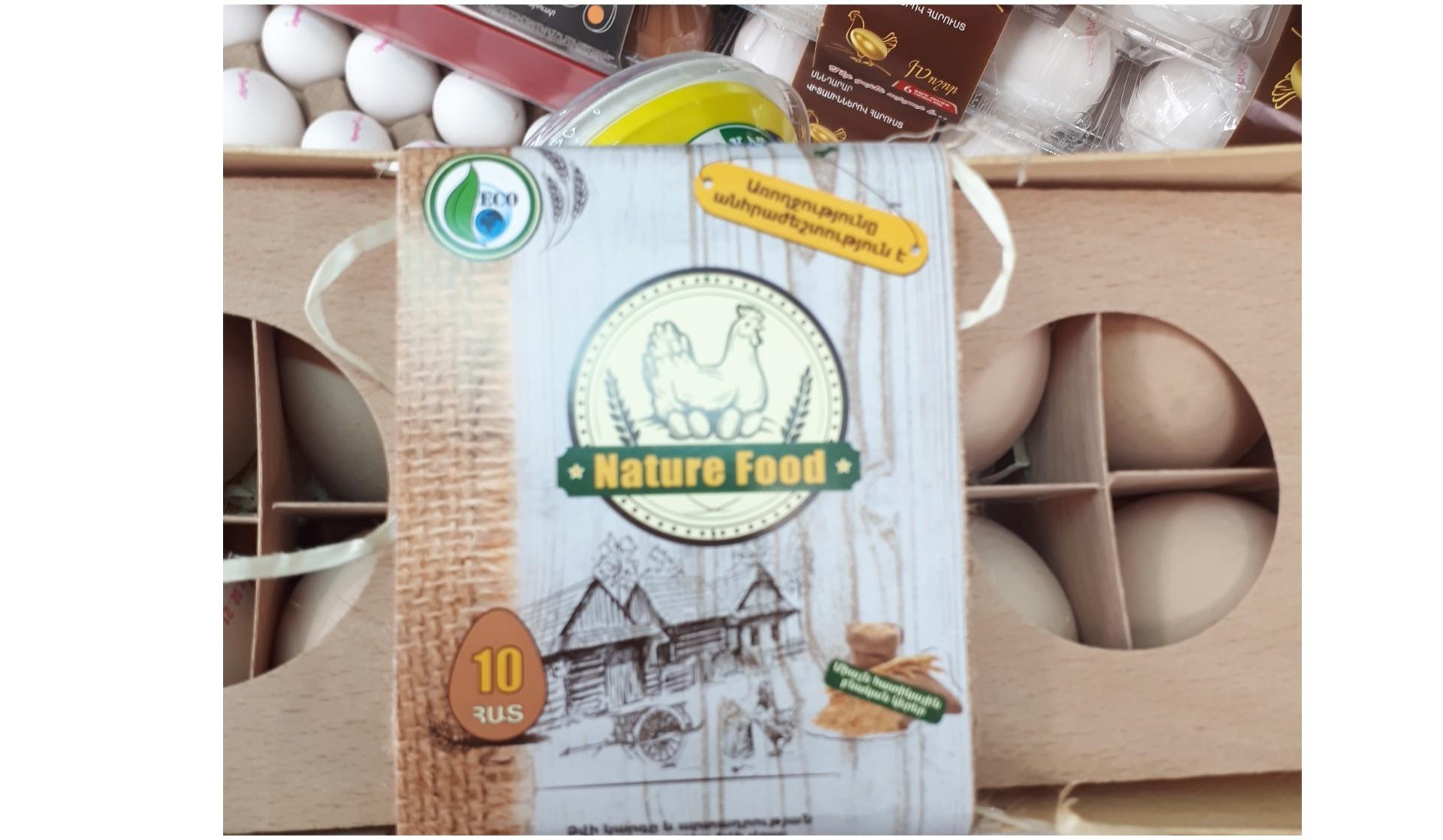
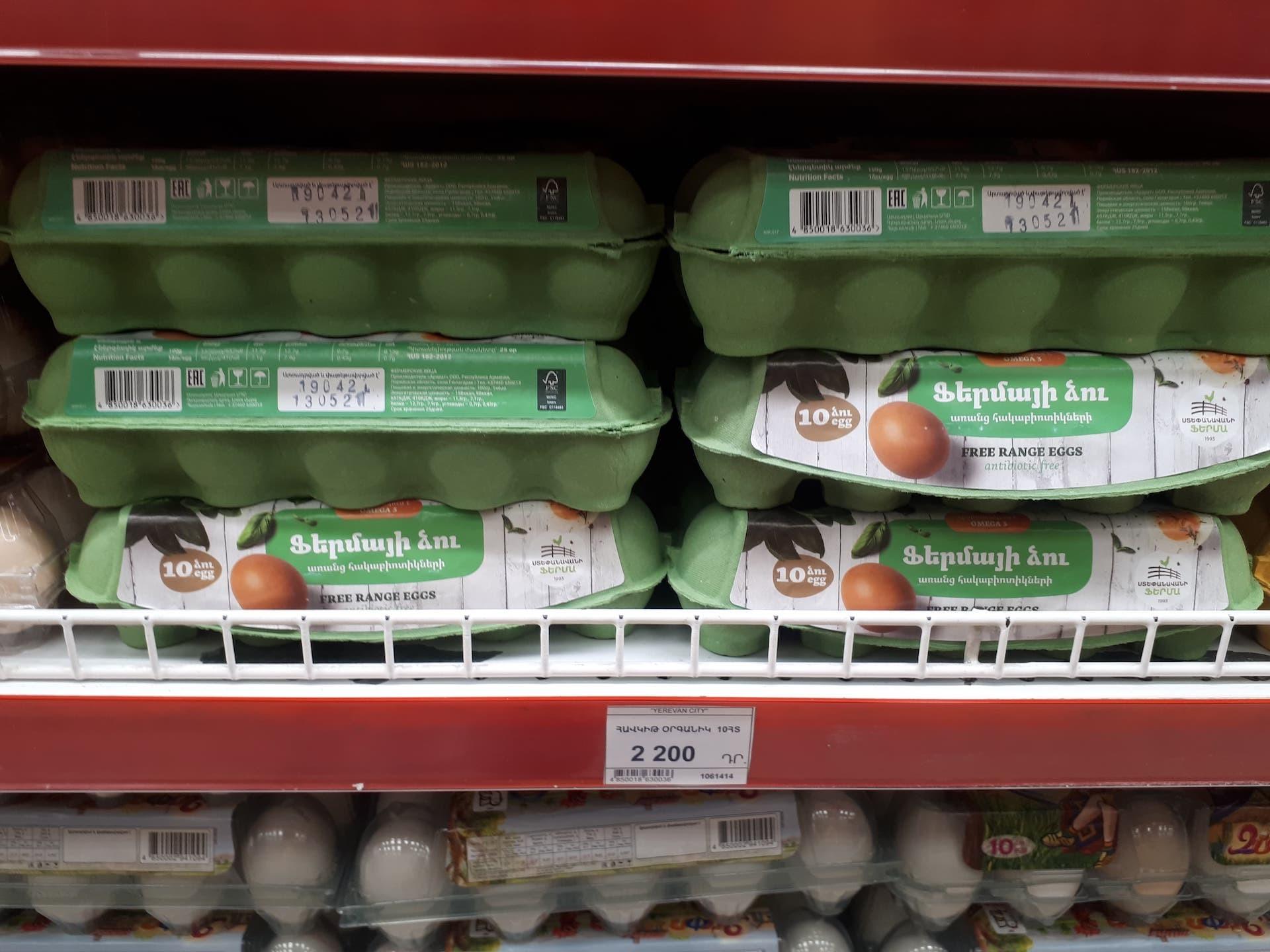
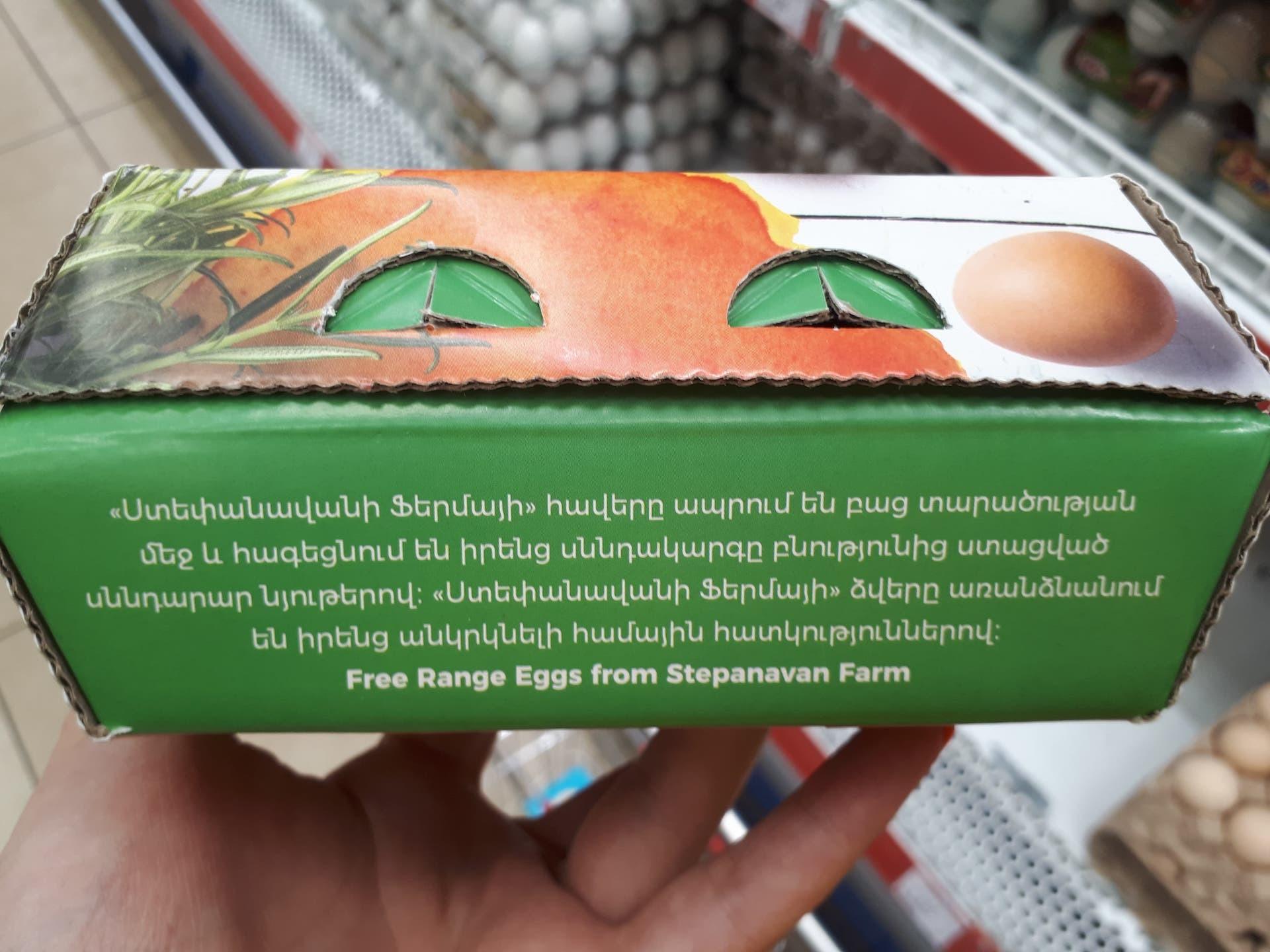
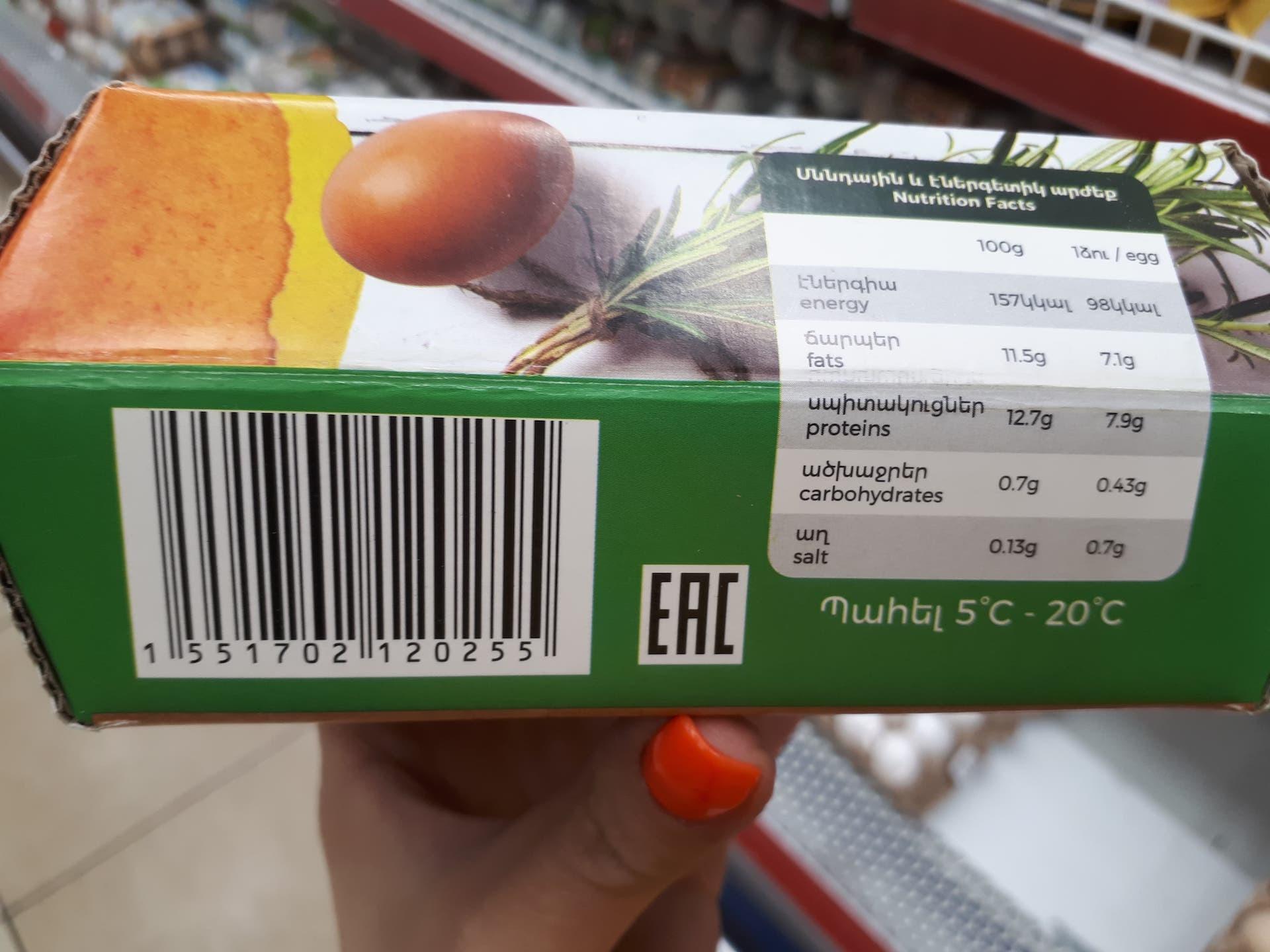
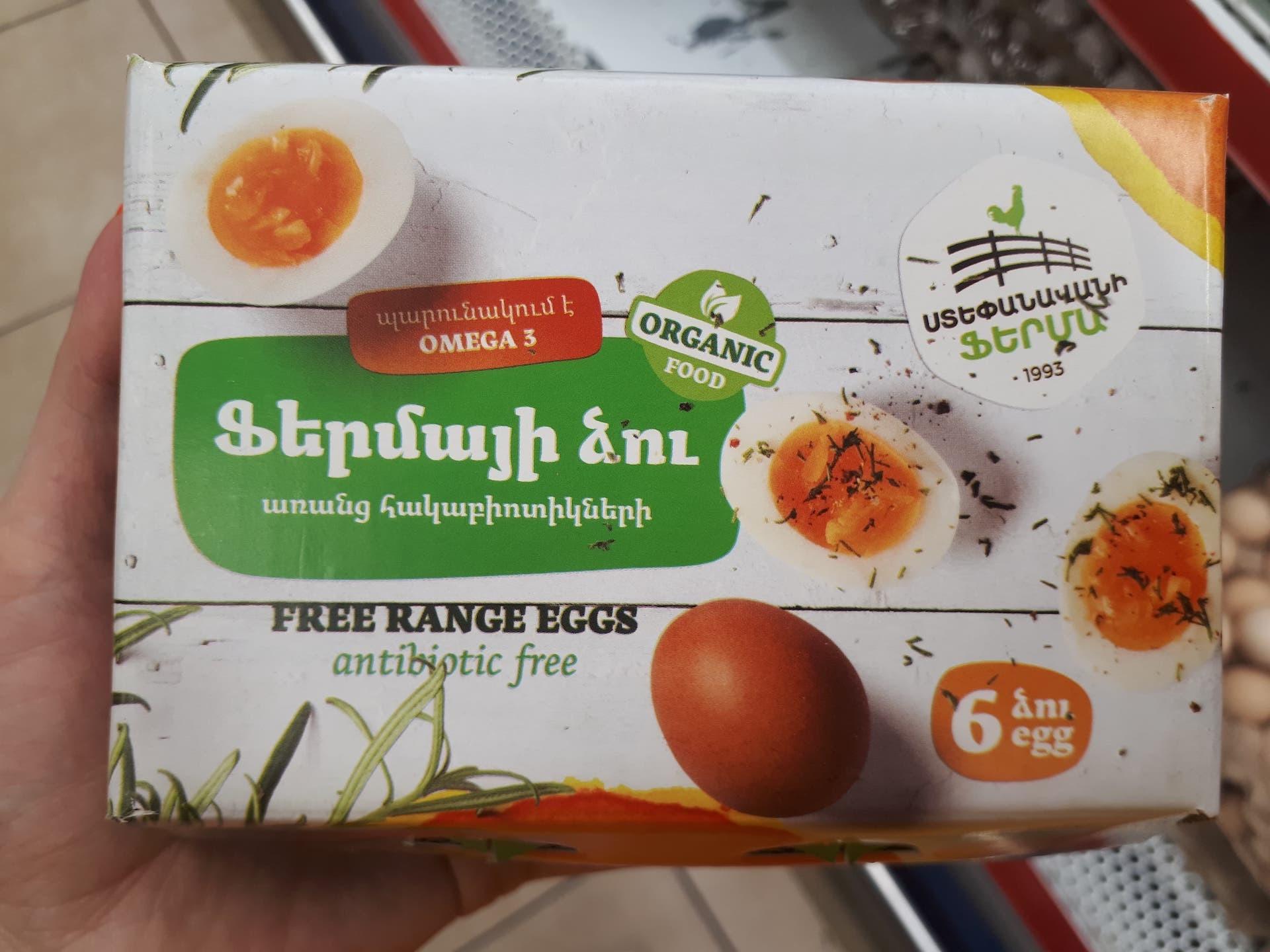
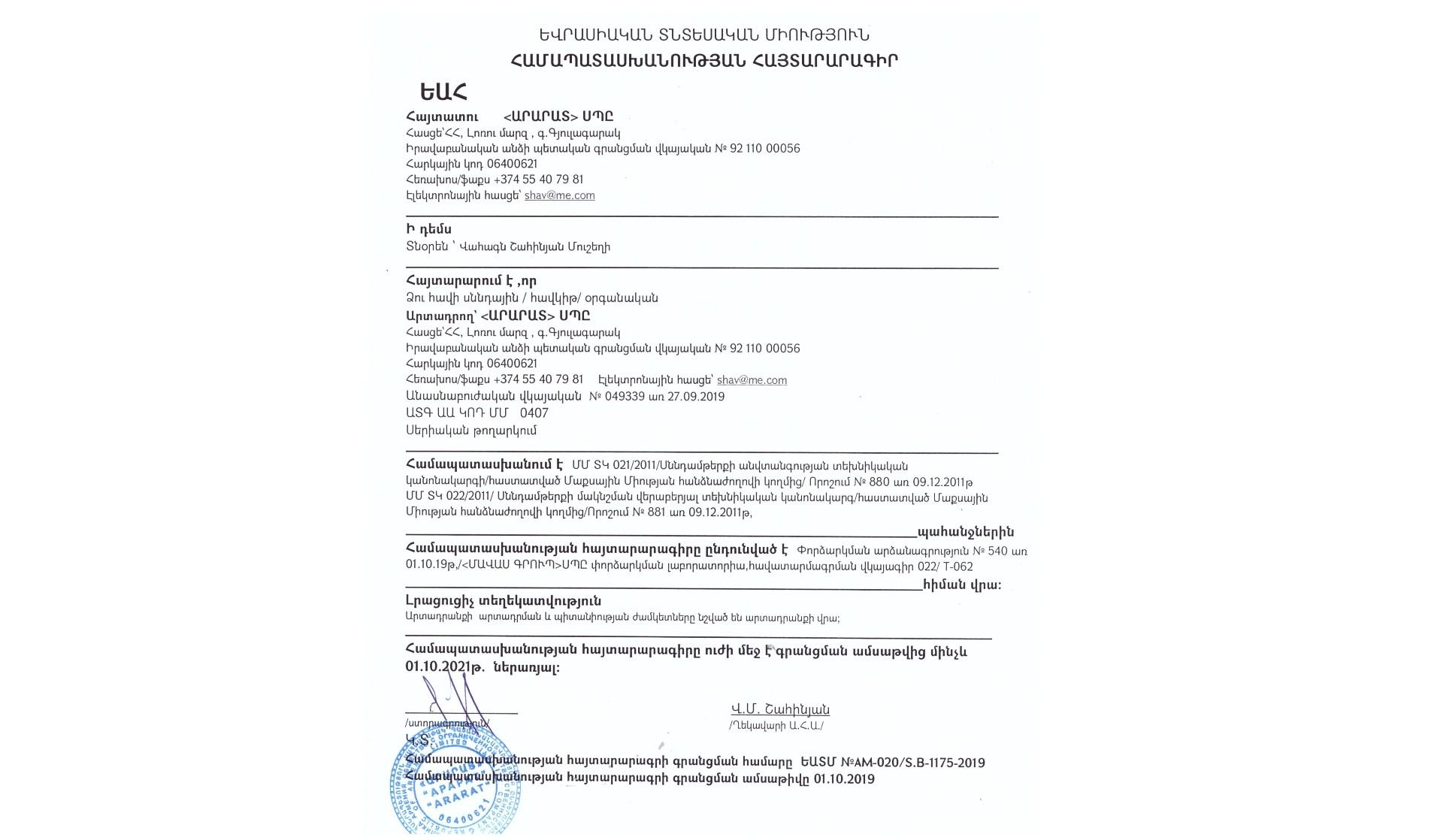

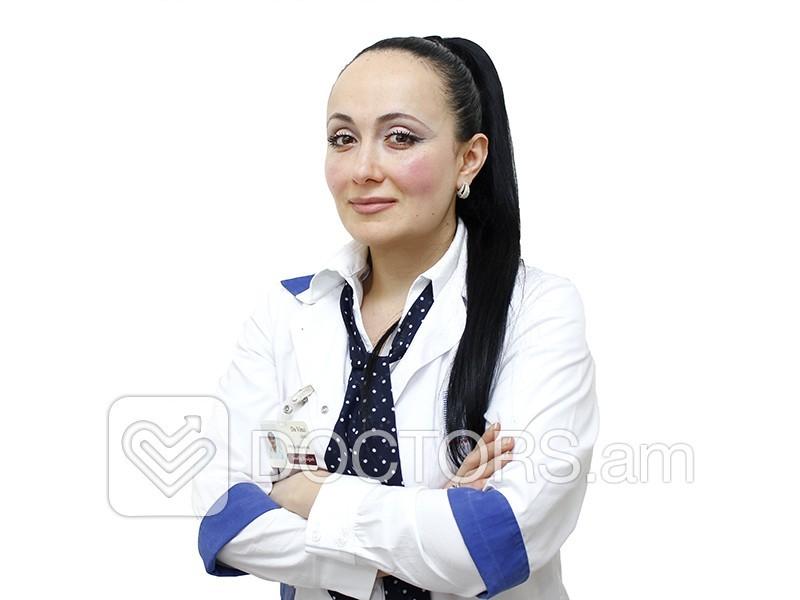


Comments (3)
Write a comment